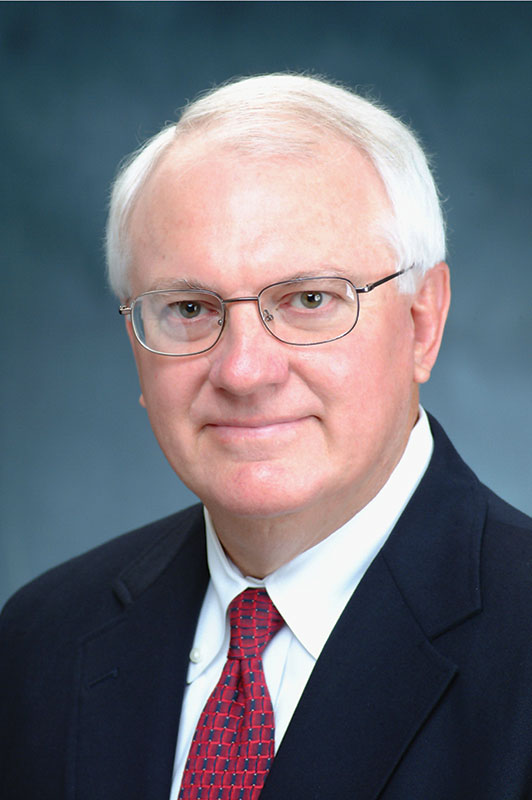 Charles L. Hussey is Associate Dean for Research and Graduate Education in the College of Liberal Arts at the University of Mississippi and professor of chemistry. He is a fellow of ECS and a recipient of the Society’s Max Bredig Award in Molten Salt and Ionic Liquid Chemistry. His scientific research with molten salts/ionic liquids has been directed at the electrochemistry and spectroscopy of d- and f-block elements, the electrodeposition of aluminum and corrosion-resistant aluminum-transition metal alloys, the electrodissolution of metals and alloys, and the electrochemical processing of spent nuclear fuel. Hussey was recently reappointed as technical editor of the Journal of The Electrochemical Society in the area of electrochemical/electroless deposition.
Charles L. Hussey is Associate Dean for Research and Graduate Education in the College of Liberal Arts at the University of Mississippi and professor of chemistry. He is a fellow of ECS and a recipient of the Society’s Max Bredig Award in Molten Salt and Ionic Liquid Chemistry. His scientific research with molten salts/ionic liquids has been directed at the electrochemistry and spectroscopy of d- and f-block elements, the electrodeposition of aluminum and corrosion-resistant aluminum-transition metal alloys, the electrodissolution of metals and alloys, and the electrochemical processing of spent nuclear fuel. Hussey was recently reappointed as technical editor of the Journal of The Electrochemical Society in the area of electrochemical/electroless deposition.
The Electrochemial Society: What has your experiences as a JES editor been like?
Charles Hussey: I was appointed as an associate editor in 2000 and continued in that role until 2011. As an associate editor, I handled manuscripts on all topics for JES and Electrochemical and Solid-State Letters. Handling a variety of topical manuscripts for JES and ESL was the job that needed to be done, and it was a very challenging and sometimes uncomfortable assignment, but also highly educational.


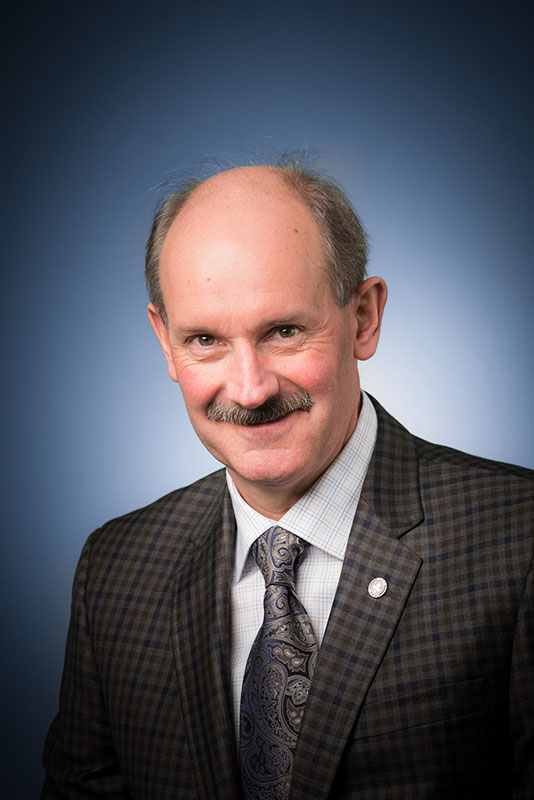
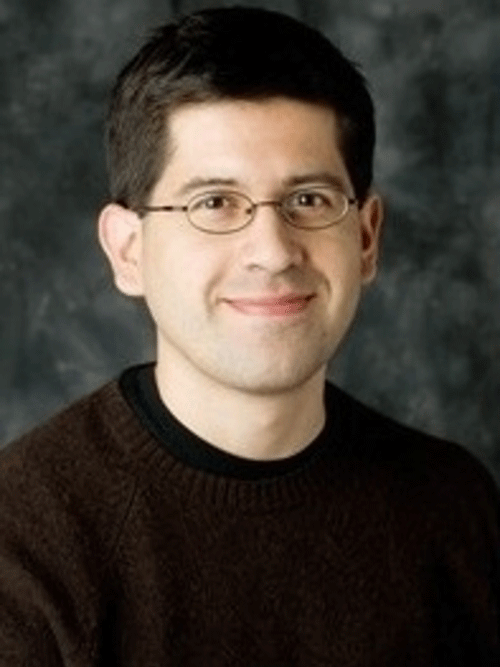 Stephen Maldonado is an associate professor at the University of Michigan, where he leads a research group that focuses on the study of heterogeneous charge transfer processes relevant to the fields of electronics, chemical sensing, and energy conversion/storage technologies. He was recently reappointed as an associate editor for the
Stephen Maldonado is an associate professor at the University of Michigan, where he leads a research group that focuses on the study of heterogeneous charge transfer processes relevant to the fields of electronics, chemical sensing, and energy conversion/storage technologies. He was recently reappointed as an associate editor for the 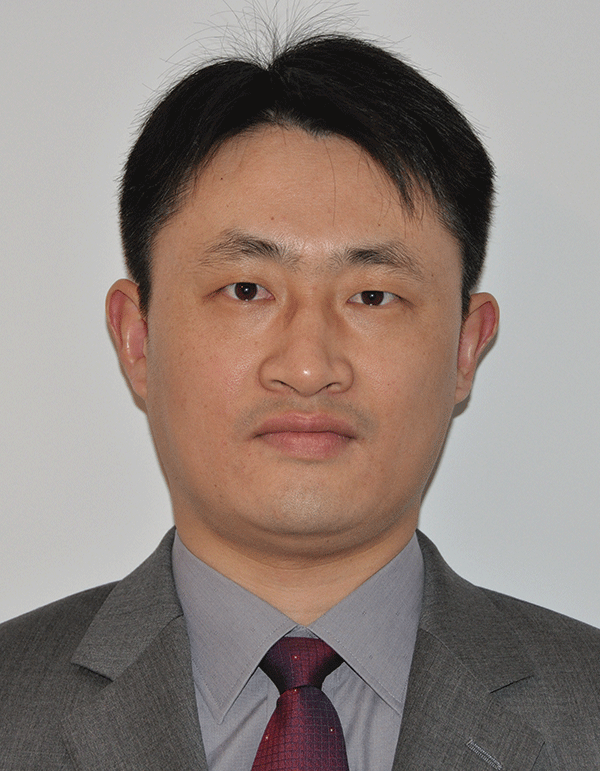 Minhua Shao is an associate professor at the Hong Kong University of Science and Technology, where he leads a research group pursuing work in advanced material and electrochemical energy technologies. Shao’s current work focuses on electrocatalysis, fuel cells, lithium-ion batteries, lithium-air batteries, CO2 reduction, and water splitting. Shao was recently named an associate editor of the
Minhua Shao is an associate professor at the Hong Kong University of Science and Technology, where he leads a research group pursuing work in advanced material and electrochemical energy technologies. Shao’s current work focuses on electrocatalysis, fuel cells, lithium-ion batteries, lithium-air batteries, CO2 reduction, and water splitting. Shao was recently named an associate editor of the  With
With 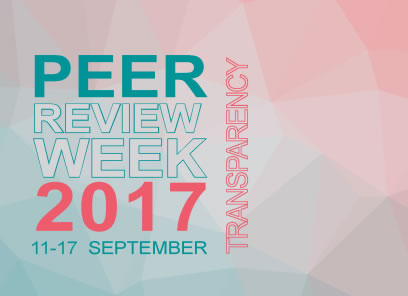 The third annual
The third annual 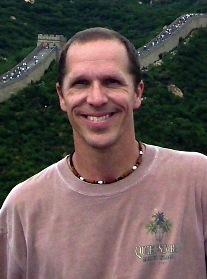 Brett Lucht is a professor of chemistry at the University of Rhode Island, where his research focuses on organic materials chemistry. Lucht’s research includes the development of novel electrolytes for lithium-ion batteries and other efforts to improve the performance of electrolytes for electric vehicles. Lucht has recently been named associate editor for the
Brett Lucht is a professor of chemistry at the University of Rhode Island, where his research focuses on organic materials chemistry. Lucht’s research includes the development of novel electrolytes for lithium-ion batteries and other efforts to improve the performance of electrolytes for electric vehicles. Lucht has recently been named associate editor for the  The open access movement has bolstered content dissemination worldwide, but it has also led to the rise of “predatory publishers.” Instead of prioritizing the quality of the content, predatory journals exist to take advantage of the pay-to-publish open access system, enforcing a lax or non-existent peer review system while charging authors processing fees to publish their work.
The open access movement has bolstered content dissemination worldwide, but it has also led to the rise of “predatory publishers.” Instead of prioritizing the quality of the content, predatory journals exist to take advantage of the pay-to-publish open access system, enforcing a lax or non-existent peer review system while charging authors processing fees to publish their work.
